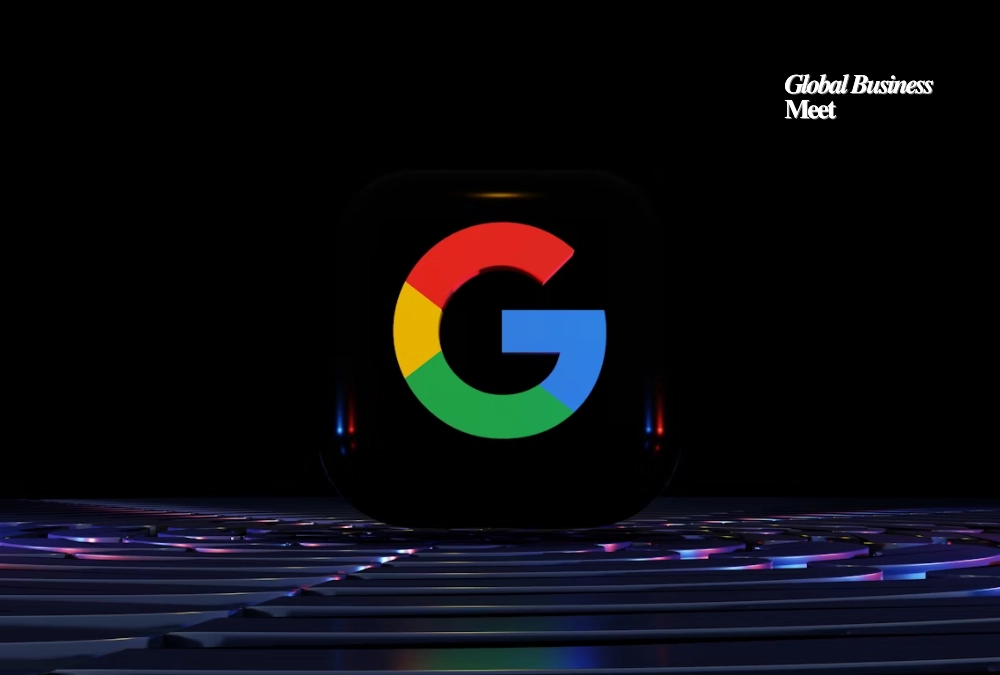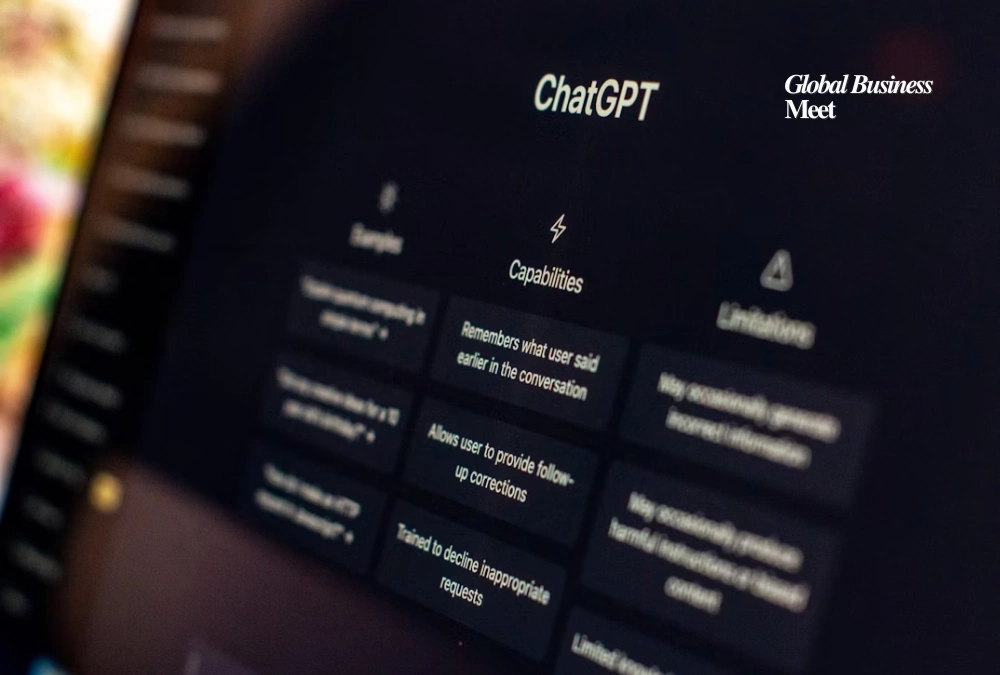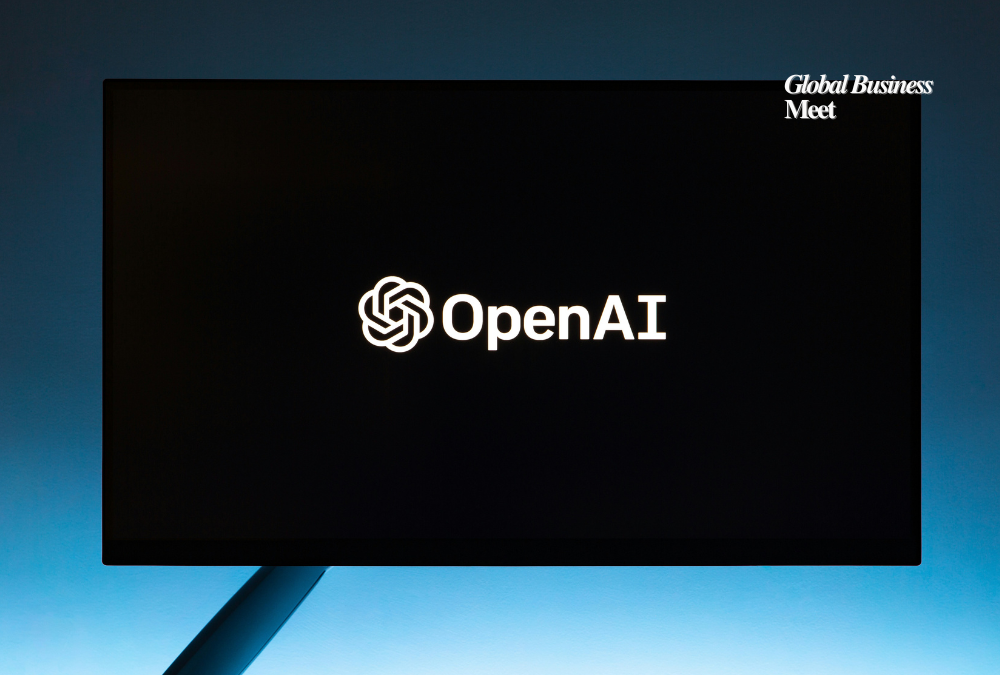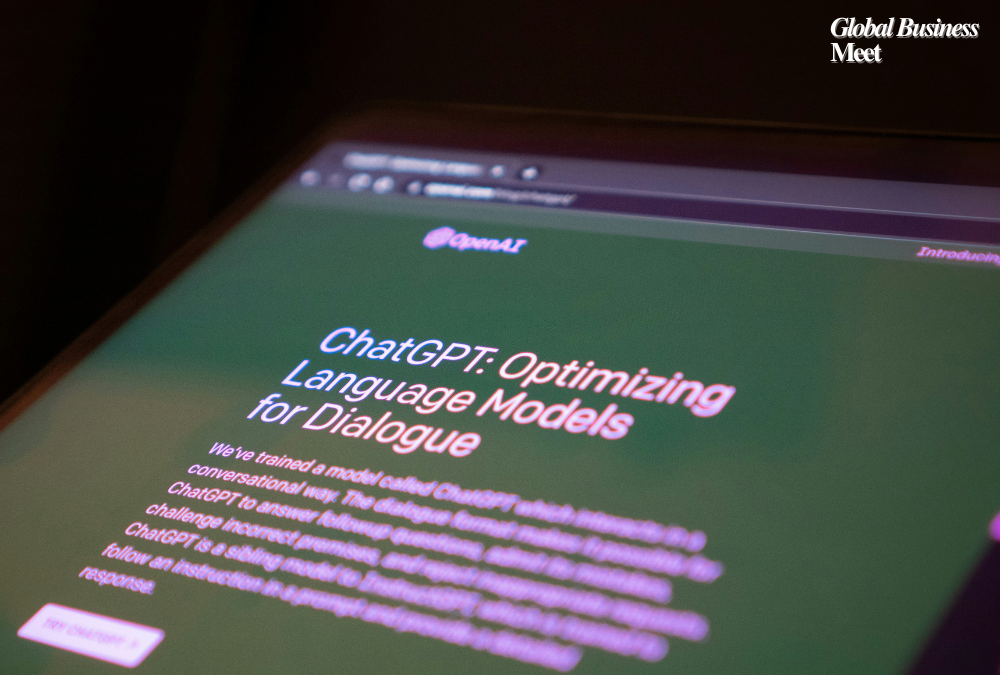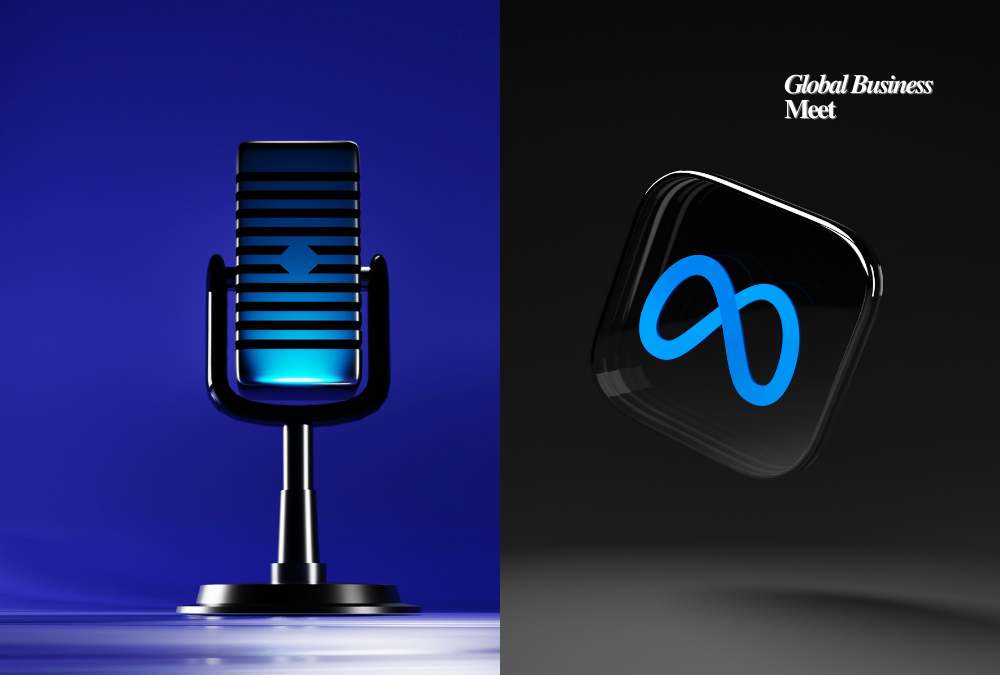
By purchasing Play.ai, a voice AI company that is strategically working toward the future of conversational artificial intelligence, Meta has demonstrated its intentions of making itself one of the most advanced companies in the field of AI. This purchase comes after Meta decided in February to complete its purchase and add the new features of voice capabilities to all its social and messaging platforms, improving the experience of users via voice interaction fluidity.
Play.ai which incorporates state of art voice recognition and real time speech synthesis has come up with technology that interprets natural language context and gives life-like answers. It has proprietary platform that can support multi-turn and dialogues, tone adjustment, personal effects as well. Play.ai experience will now become part of Meta AI division to make the conversation experience better at Meta and its many platforms like Facebook, Instagram, WhatsApp and so on.
Some of the core opportunities the acquisition will focus on as cited by Meta AI team include voice-driven messaging, AI-driven audio postings, multilingual voice-based assistants, and voice-based tools of content creation. As an example, in WhatsApp, soon it is possible to send voice messages which are automatically transcribed, edited, or translated in the next moment. Instagram may launch voice captions by using AI or voice-driven story telling features. The next step in the development of Meta is audio dialogs in the form of a human that will be involved in all the applications by the company so that communicating becomes easier and more natural.
The purchase is also consistent with the increased investment by Meta in AI-based communication technologies (through chatbots, generative AI content, and virtual assistants). Combining the features of audio-first with Play.ai, Meta aims at the fact that, in the future, the AI will be able to communicate with the users with the aspect of natural language, ensure a conversation at the most emotionally adept level, and address the users within the context. The team of Play.ai, which has the experience in acoustic modeling, neural speech synthesis, and voice processing with low latency, is now included into the Meta AI Research (FAIR) department.
It is crucial in timing. With the growing voice-first ecosystem, voice-based search to smart speakers, corporations are in a hurry to integrate voice AI into their systems. Social media applications do not escape that either, where voice can be used to more effectively express a user, can be used without the need of their hands, and can also accommodate the needs of accessible users. Meta wants to dominate this area with the help of Play.ai, which should be integrated into the ecosystem of this corporation and create new levels of awareness beyond the text and video-based ones.
Meta has not announced the financial terms, though the deal has been estimated by the industry at tens of millions. On its own, this is not a huge acquisition like Meta has done on multi-billion deals but a canny bolt-on acquisition that will enable it to bring talent and technology to speed up the feature creation. As it turns out, Play.ai founders and senior engineering members will join Meta to manage voice AI projects, allowing them to continue without any continued reorganization, which promises speedy incorporation.
The step is made under the pressure of the growing rivalry between tech giants and social media where voice AI is concerned. The major investment in speech technology and digital assistants was realized by Google, Amazon, Microsoft, and Apple. Through its purchase of Play.ai, Meta is implying that it is considering voice as a major platform in user interaction and engagement prospects. The company will have a greater basis to create differentiated conversational AI experiences across the messaging, content creation, virtual reality, and the metaverse.
In a larger sense of perspective, the acquisition shows the emphasis of voice intelligence in the future of the next wave of the human computer interaction. Voice is a natural and an intuitive way to communication and it is a preferred method of hands-free communication. The strategy of Meta utilizes this trend destined to simplify communication, enhance availability, and create expressive social interaction on a voice level.
With Meta continuing to develop voice, users can anticipate voice-transcriptions, voice-guided searches, interactive audio stories, and voice assistants slowly being introduced to users. Such abilities have been capable of transforming the way humans would communicate through social sites- conversations will be richer, more inclusive and will be like humans.




